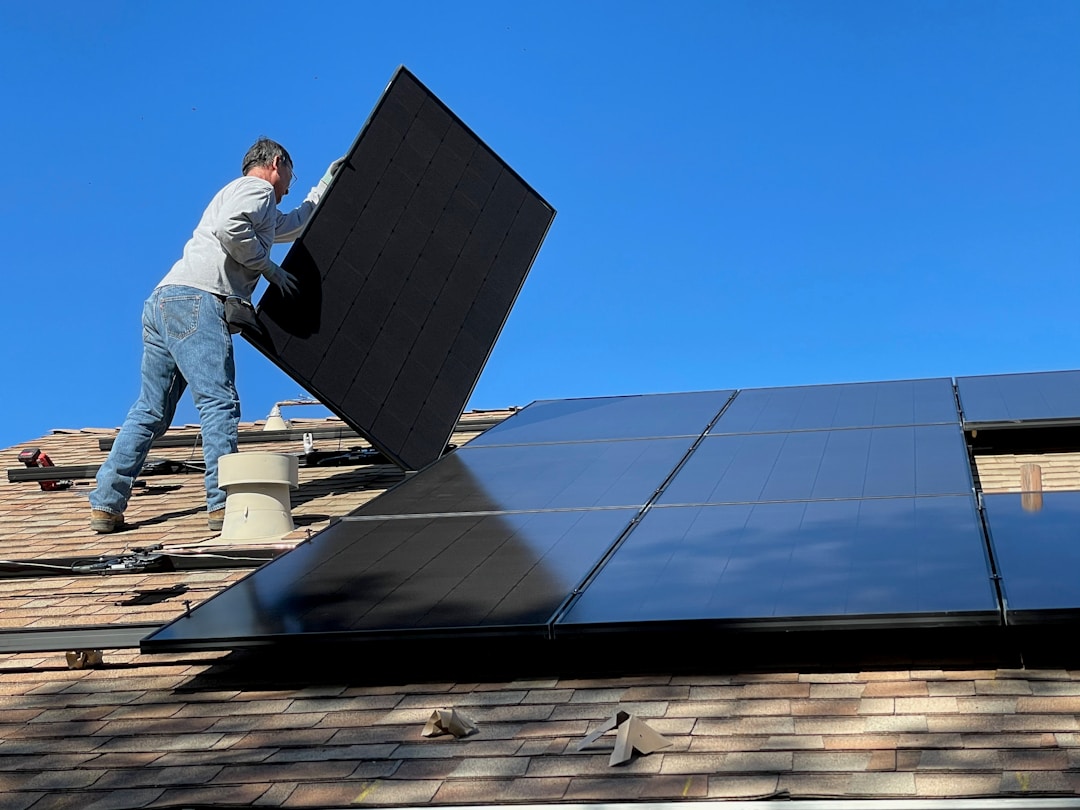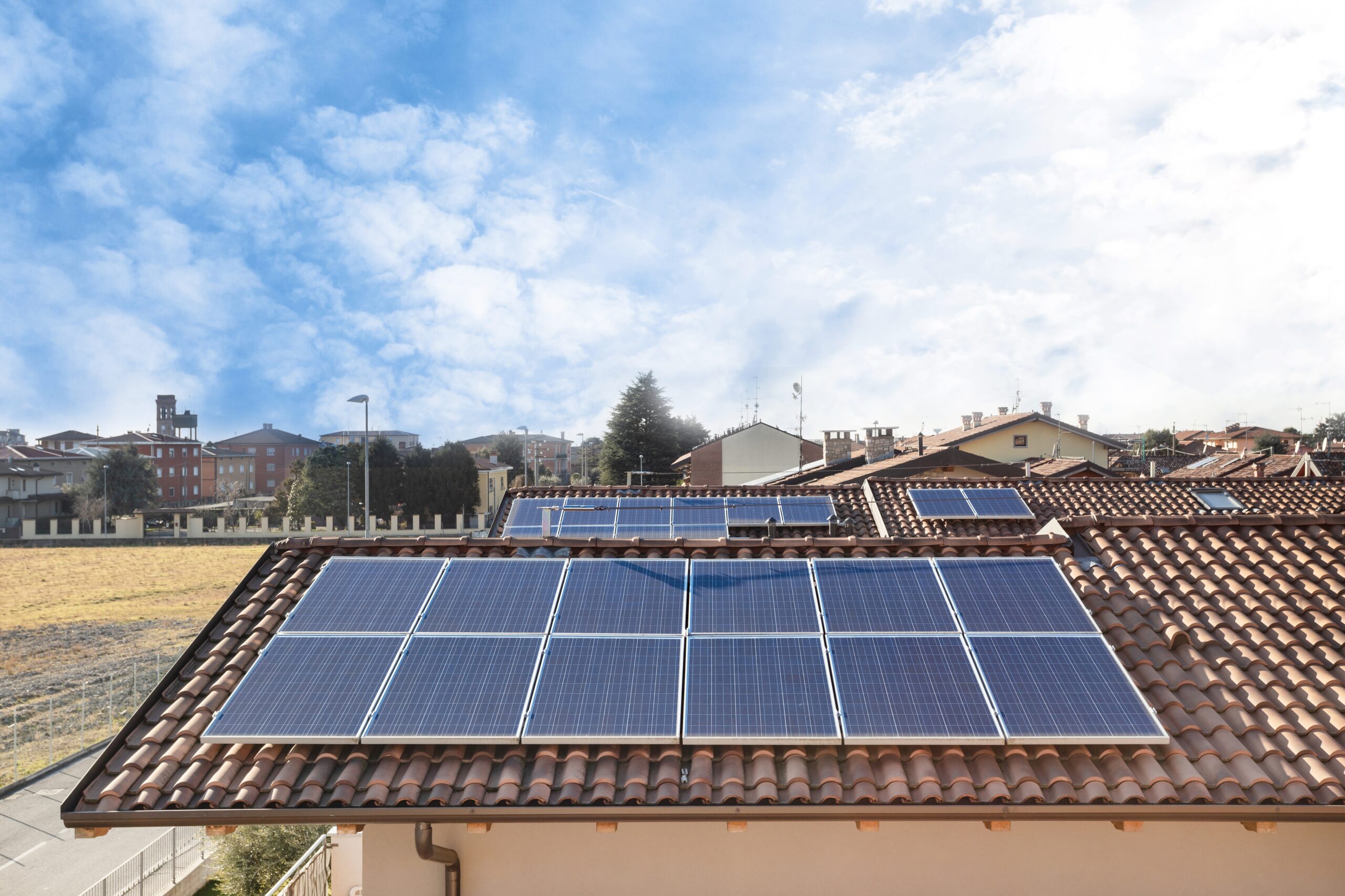Homeowners constantly strive to improve the efficiency of their homes. This means lower energy bills, a smaller carbon footprint, and a more comfortable living environment. Whether it is investing in energy-efficient appliances, upgrading insulation, or making use of renewable energy sources, there are numerous ways to make your home more efficient. If you’re in need of advice, keep reading to learn how to enhance your home’s efficiency from the inside, explore further options, and make the most of the resources at your disposal.
Optimizing Your HVAC System

No discussion of home efficiency is complete without considering the heating, ventilation, and air conditioning (HVAC) systems as they typically use the most energy in a home. The good news is that there are many ways to make your HVAC system more efficient. One of the first steps that homeowners can take is to perform regular maintenance on their HVAC system, including cleaning and replacing filtration systems and getting periodic checks and tune-ups from professionals. This ensures that the system’s performance is at its peak and not wasting energy because of dirt or malfunctioning parts.
It’s also beneficial to upgrade to an energy-efficient air conditioning system or to retrofit an existing system with energy-saving features. This is where professional services such as HVAC air conditioning repair Longwood FL come into play. These professionals can help you choose the most efficient models suitable for your home and install them correctly to ensure optimum energy savings. They can also assist with annual maintenance and change your air filter. Experts recommend changing your HVAC filter at least once every 90 days.
Embracing Renewable Energy Sources

Increasingly, homeowners are looking towards renewable energy sources to power their homes as it’s one of the most effective ways to improve home efficiency. Solar power is one of the most readily available and efficient sources of renewable energy. By installing solar panels on the roof, you can harness the power of the sun and significantly reduce your reliance on traditional electricity sources. With the assistance of solar companies like Rising Sun Solar, one can have a professional and efficient solar installation. This ensures you maximize the benefits of solar energy for your home.
In addition to solar power, there are other forms of renewable energy to explore, such as wind energy and hydroelectric power. It’s important to do research and consult professionals to determine which sources of renewable energy are suitable for your location and lifestyle.
Reducing Energy Consumption in the Kitchen
The kitchen is another major area of energy consumption in a home. There are many ways to reduce energy usage here, starting from the usage of energy-efficient appliances. Energy Star-rated appliances are designed to conserve energy without sacrificing performance. Swapping out older appliances for these can make a sizeable difference in your home’s overall energy usage. Moreover, considering the way you cook can also impact the energy you use.
Utilize the microwave for heating and reheating small meals instead of the stovetop or oven as they use less energy. Another energy-saving tip is to keep the refrigerator and freezer at their ideal temperature; too-cold settings waste energy. Furthermore, making smart decisions about lighting in your kitchen can also have an enormous effect on energy use. Replace older bulbs with LED bulbs, which use a fraction of the power and last longer.
Insulation And Window Upgrades

Proper insulation and window upgrades can go a long way to reduce the energy consumption of a home. Well-insulated homes retain heat during the winter and keep it out during the summer, reducing the need for heating and air conditioning. There are various types of insulation available, so you need to select the right one for your home. Upgrading to energy-efficient windows can also greatly affect your home’s energy efficiency.
Double-pane windows with gas fillings or low-E coatings can reduce heat transfer and keep your home at a comfortable temperature, reducing the need for heating and cooling. While upgrading insulation and windows may require an upfront investment, it can result in considerable savings in the long run, as you’ll be using less energy to heat and cool your home.
As you can see, improving your home’s efficiency is an ongoing process that requires an understanding of how energy is used and how it can be conserved. By optimizing your HVAC system, making smart decisions in the kitchen, embracing renewable energy sources, and investing in proper insulation and window upgrades, you can make strides in making your home more efficient. These upgrades not only benefit your pocket but also contribute to a more sustainable future for us all.















